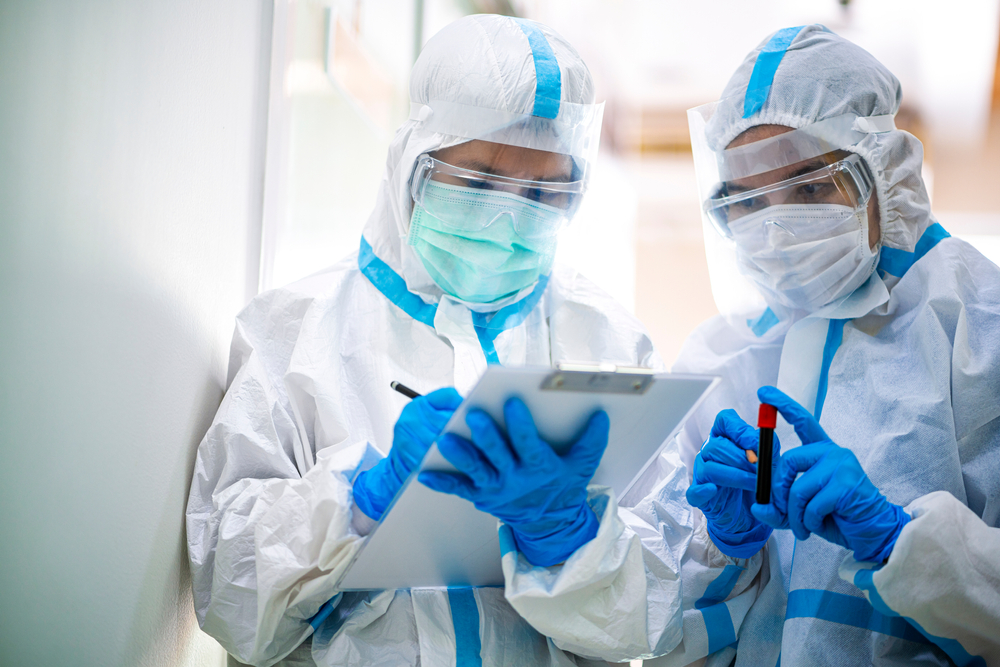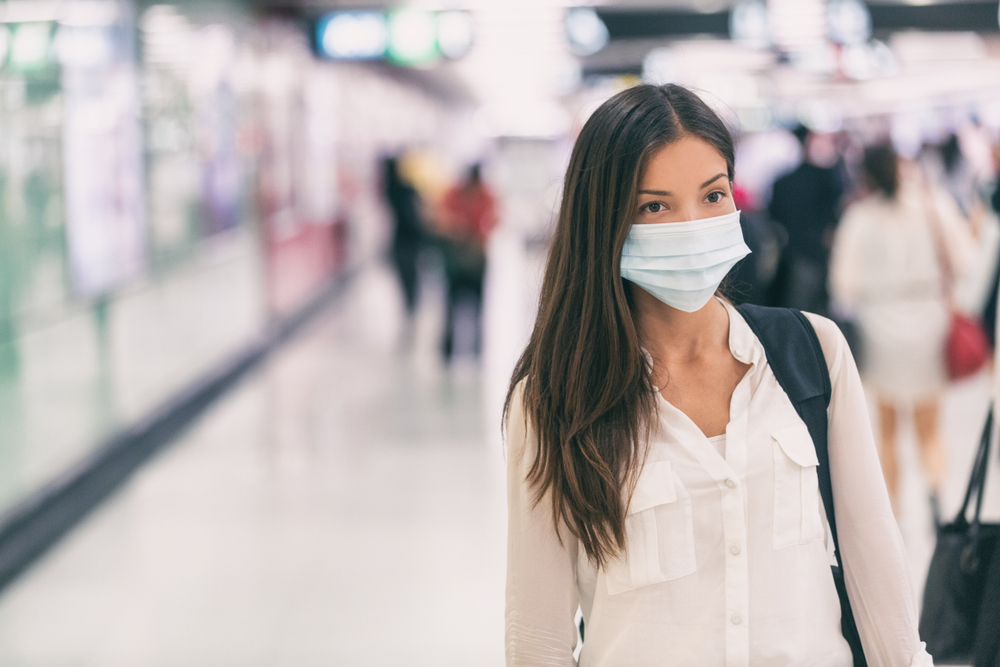Published December 18, 2021, in Pbs.org
By PBS NewsHour
With the holidays approaching and the omicron variant surging in some parts of the U.S., demand for rapid and at-home COVID-19 tests is higher than ever, and the wait at large PCR test sites can be several hours in some places. ProPublica reporter Lydia Depillis joins Hari Sreenivasan to discuss why the tests are so hard to find in the U.S., and the Biden administration’s plans for ramping up supply.
Read the Full Transcript
- Hari Sreenivasan:With the demand for tests growing and holiday plans on hold for some, lines are long for COVID testing in many parts of the country.And when it comes to rapid tests–the kind you can buy in a drugstore– the U.S is lagging far behind many countries in both availability and distribution. I spoke with ProPublica reporter Lydia Depillis about the Biden administration’s latest moves to increase supplies and about her recent article titled “Here’s why rapid Covid tests are so expensive and hard to find.”Lydia, for the past several months, we have, as a nation been focused on vaccinations, but here we are staring down another variant, Omicron, and people are realizing once again the value of testing. So 20 months into a pandemic, why don’t we have more rapid tests that we can take home and try to beat this?
- Lydia DePillis:That’s right. It’s been a consistent problem with the response to the coronavirus. And you’ll remember, Hari, this started way back in February 2020, when the CDC tried to put out a test and bungled it. And then the FDA welcomed thousands of applications for new tests, but didn’t authorize many of the rapid ones, especially initially. And so come 2021, only a handful were actually allowed to be sold, which didn’t seem to be as much of a problem earlier in the summer when we thought that vaccinations would fix this. And it turned out we didn’t take enough of them. And so here we are. New variants after new variants creating these surges in demand for testing, which honestly, you can’t just flex up and down that easily. You really need to have a consistent supply.
- Hari Sreenivasan:We saw a lot of approvals by the FDA for the PCR tests, the ones that are done in a lab, but those can take about 24 hours. Why didn’t we see nearly as many approvals for take home tests?
- Lydia DePillis:Yeah. So I think that we have to consider what purpose the FDA usually serves, which is to authorize medical devices to make sure that they’re safe and we’ll do what they say they will do. And so PCR tests fit that bill for them, right? They give you exactly the right answer in terms of whether or not you have virus in your system. But when it comes to reducing spread in a population, you really need to have more tests than that, you really need for people to be testing frequently. And if you could magically take a PCR test at home and have a result in 15 minutes, they would be great. But that’s just usually not how they work. And so the FDA was focused on this one metric of accuracy and was pretty resistant to arguments about how sensitive overall antigen tests can be if they’re used properly, which is to say, every few days, if necessary, if they’re exposed consistently.
- Hari Sreenivasan:The Biden administration has said they want to try to jumpstart this and add a few billion dollars to increasing testing availability. How likely and how quickly are we going to see the effect of that?
- Lydia DePillis:That’s right. So towards the end of the summer, as Delta was cresting, the administration did realize that rapid tests were a key need, they would fill key niche. They put $3 billion in purchasing them and ramping up the supply chain. They authorized several new high throughput rapid testing technologies. And then just a couple of weeks ago, they said, as part of their winter testing strategy that, oh well, we’ll make sure that these are covered by private insurers. And that was met with widespread skepticism because A, nobody likes dealing with their insurer and who’s going to fill out the forms to get reimbursed, and B, it’s just totally unclear how they’re going to define exactly how that works, how many tests you get, which ones are authorized. So it’s the kind of thing where they have still not fully committed to the type of availability that the government did with vaccines, where every American is entitled to as many vaccine doses as they need.
- Hari Sreenivasan:There was a somewhat viral clip of Jen Psaki at a White House briefing recently where she rhetorically asked, should we be giving everyone at home a COVID test? And well, there are a lot of countries are doing close to that.
- Lydia DePillis:Yeah. And that was, I think that Jen Psaki would restate that if she had the chance. But what she was saying is we could waste tests by sending them to people who won’t use them. But that actually isn’t how it works in places like the United Kingdom, where they are sent by request. So if you’re going to use one, you have a need for one, you go get one. And the other thing it sort of neglects is that we don’t necessarily need to flood the zone with rapid tests. The thing is that they’re useful in sometimes very coordinated community contexts where you say, OK, housing development full of poor people like, we’re going to make sure that these are freely available. You come and take them twice a week and you get a PCR test if you get a positive because they’re not perfect. So that’s the kind of opportunity that seems like it’s still being missed in this pandemic, and it requires a little bit of education of the American public. But look, we’ve all learned a lot. It’s the kind of thing that I feel like really we could probably figure out how to do responsibly.
- Hari Sreenivasan:Lydia DePillis of ProPublica Thanks so much for joining us.
- Lydia DePillis:Thank you.




